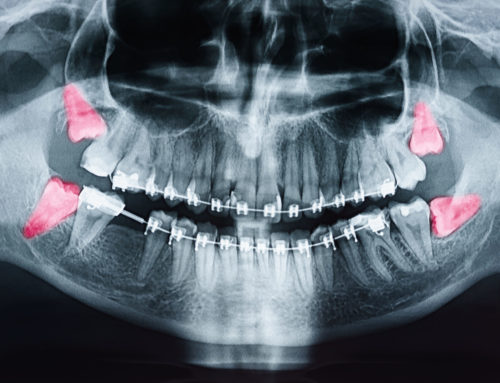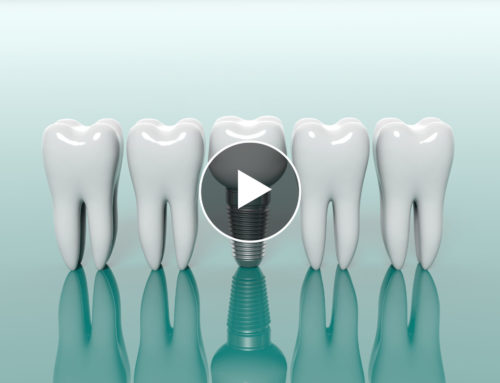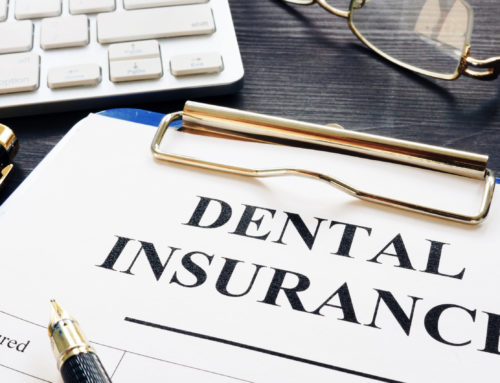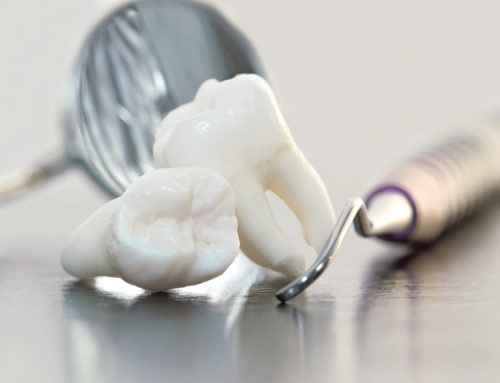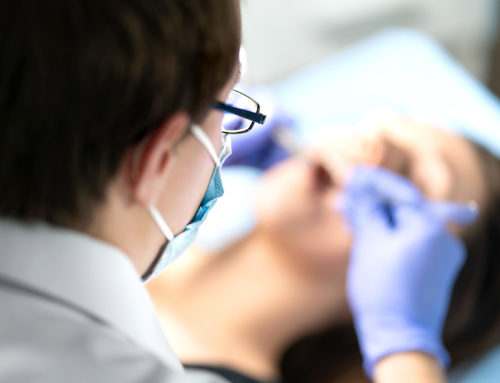Poor sleep quality can leave people feeling tired and stressed out, and many who suffer from it may be dealing with sleep apnea and don’t realize that this may be the underlying reason behind their inability to get a good night’s sleep.  Sleep apnea is a surprisingly common condition that causes those suffering from it to stop breathing for periods of ten seconds or longer, interrupting their sleep and leaving them feeling less than their best. As it is considered a life-threatening condition, diagnosis and treatment are paramount and should be addressed immediately.
If you’re concerned about sleep apnea, read on to learn about several things you may not know about the condition, and how an oral maxillofacial surgeon can help diagnose and treat it, so you can start getting a great night’s sleep.
-
There are Different Types
Sleep apnea comes in various forms, with obstructive apnea being the most common of them. Sometimes referred to simply as OSA or OSAS, this condition causes restricted airflow to the body and brain, forcing those suffering from it to wake up in order to resume normal breathing patterns. However, any person who stops breathing for ten seconds or more during sleep is considered to have this condition. Other types of apnea include, central apnea, and mixed cases. Central apnea, or CSA, is a condition where the brain temporarily fails to signal the breathing muscles and breathing is ceased for a few seconds. This case is less common compared to OSA, and mixed sleep apnea is even more infrequent and may be more difficult to diagnose. All types of apnea are measured through sleep studies.
-
There are Various Underlying Causes
Finding the right treatment for sleep apnea depends largely on getting an accurate diagnosis of its underlying cause. Patients often find that factors such as tongue size and position, existing jaw deformities, blocked nasal passages, and an excess of soft tissue can all play a contributing role in the development of this disorder. The measures doctors take to improve their patients’ sleep will depend largely on which of these underlying factors is causing breathing patterns to be disrupted.
-
Non-Surgical Treatment Options are Common
CPAP machines constitute the most common non-surgical therapy for obstructive sleep apnea, helping to improve patients’ ability to breathe through the night by delivering pressurized air via a face mask to ensure that their airways remain open during sleep. Patients who use CPAPs consistently report having a good night sleep and waking up refreshed. There are also dental appliances and diverse types of therapeutic equipment available that have also been known to provide treatment to help patients breathe better at night.
-
There are Surgical Treatment Options
Under certain circumstances and in severe cases, surgery may be required to treat obstructive sleep apnea conditions. Surgeries are best left in the hands of well-trained and highly skilled oral and maxillofacial surgeons, like those of OMSH. Specialty oral maxillofacial surgeons are able to perform surgeries to reconstruct the upper and lower jaws (maxillomandibular advancement), adjust nasal and throat passages (hyoid suspension), fix the soft palate, uvula, and soft tissues, or surgery to secure the front tendons of the tongue. These surgeries are recommended only in severe cases, and depend on the type of obstruction that takes place when the patient’s breathing during sleep.
-
It is Wildly Under-Diagnosed
Many patients suffering from sleep apnea have no idea they have a legitimate medical condition that can be treated. Surefire signs include: significant problems with snoring, constantly awaking up throughout the night, morning headaches, and daytime fatigue. The first step toward getting adequate treatment for this disorder is to receive an accurate diagnosis. Sleep studies are the best way to diagnose and determine which type of apnea a person suffers from.
Ultimately, if you suspect you may be dealing with sleep apnea, do not hesitate to consult with your physician, or with an oral maxillofacial surgeon. For patients in Houston, the highly trained surgeons of OMSH are available for consultation. Call us at tel:832-509-4505.


